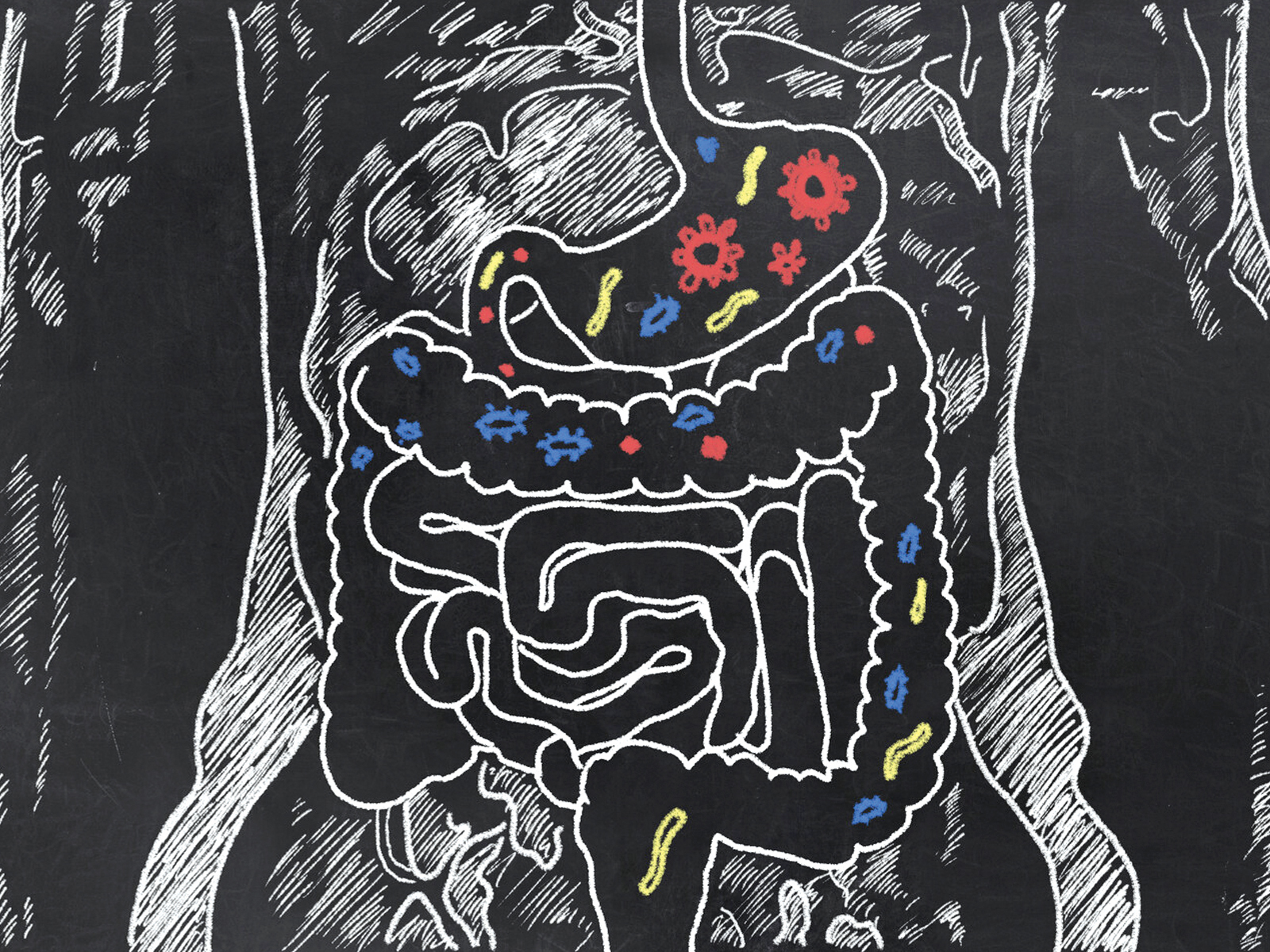How repairing the gut saves brain function after stroke
Stroke is the main cause of severe long-term disability, dementia and death. The need for more effective stroke therapies that preserve cognitive function are of crucial importance as two-thirds of stroke patients will develop cognitive impairment. Research suggests that stroke patients also have an increased chance of developing depression which can hinder functional and cognitive recovery. The only current medication for stroke has to be taken at a very specific time and has shown limited success.
Now, scientists at Texas A&M University School of Medicine have developed cutting-edge research into the connection between cognitive impairment and stroke-induced “gut leakiness” that could assist in recovery. Their preclinical study, recently published in Brain, Behavior, and Immunity, successfully explored the novel idea of whether a transplant of IESCs (intestinal epithelial stem cells) from healthy donors could repair the issues with the gastrointestinal tract after stroke. Indeed, results indicated that IESCs did reduce stroke-induced mortality, decreased the amount of dead tissue and gut leakiness, and stopped stroke-induced cognitive impairment.
Source: Brain, Behavior, and Immunity













